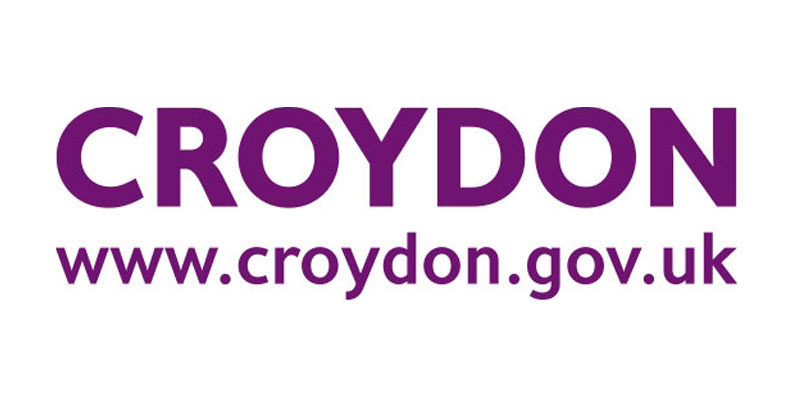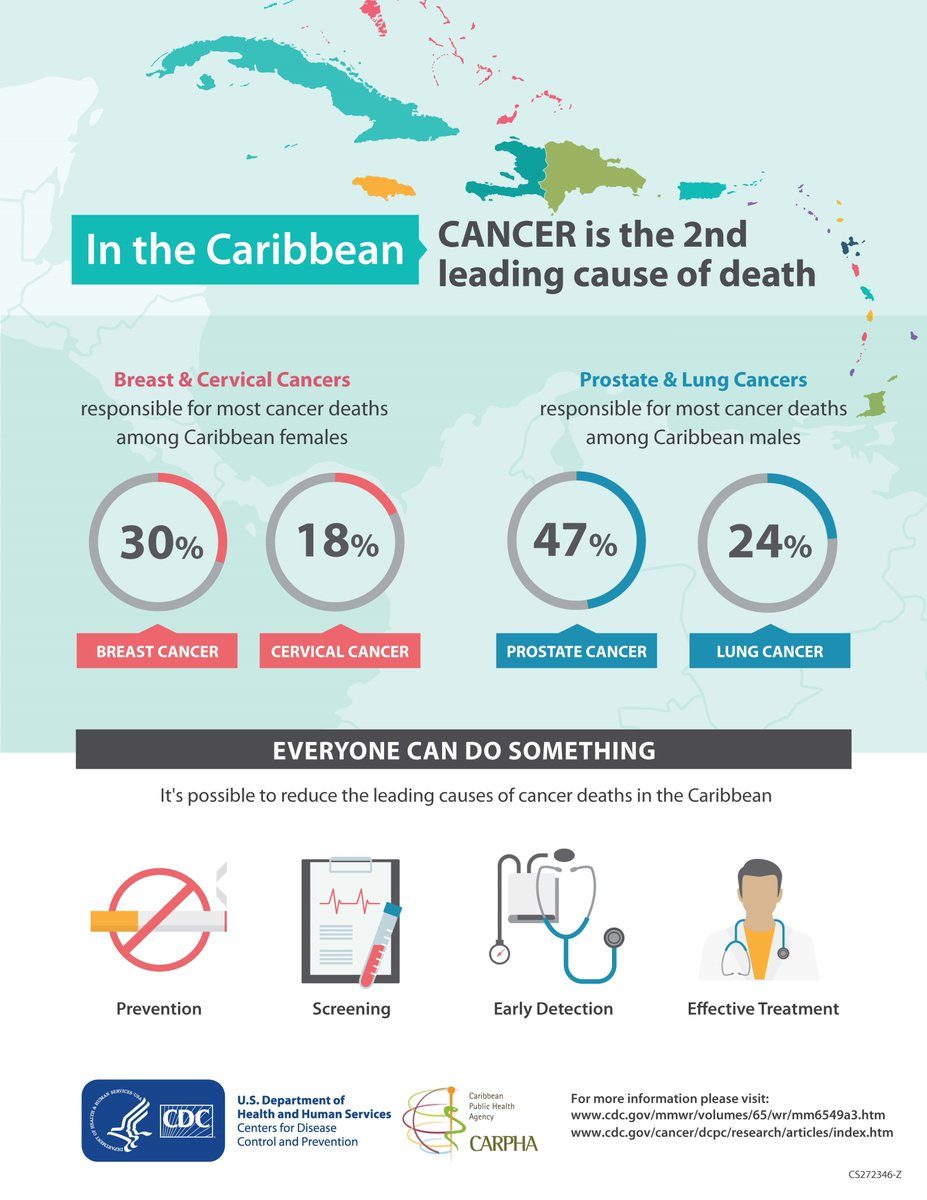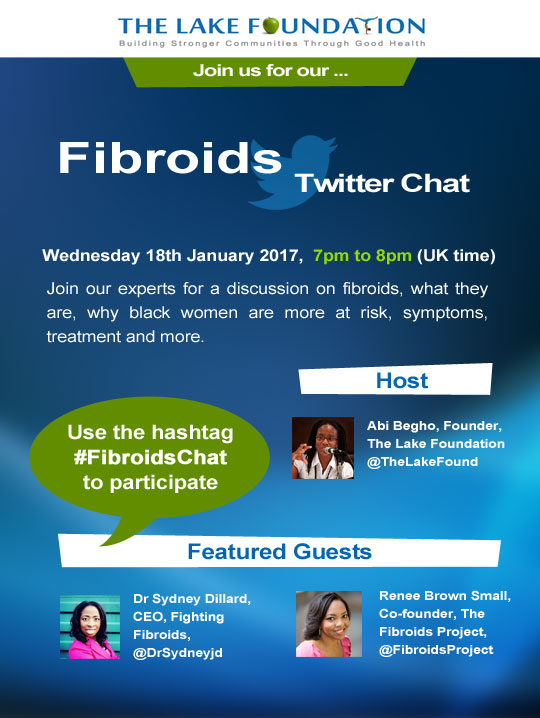This week several media outlets ran the story that women who are optimistic live longer. You may be asking: where did the media get this story from? This story was based on a research study, conducted at the Harvard T.H Chan School of Public Health, which was published in the Journal of Epidemiology on 7th December 2016. The study found that women who were optimistic were less likely to die from cancer, heart disease, stroke, respiratory disease and infection.
The study involved 70,021 women and ran from 2004 – 2012. Women’s levels of optimism were measured by asking women to rate how optimistic they thought they were on a scale of 0 to 24 and then researchers determined how optimism and other factors such as race, diet and physical activity affected a woman’s chance of dying from a particular condition.
They found that the most optimistic women were 30% less likely to die from any of the diseases explored in the study than the least optimistic women. Looking at individual diseases the most optimistic women were 52% less likely to die from infection, 39% less likely to die from stroke, 38% less likely to die from heart disease, 38% lower risk of dying from respiratory disease and 16% less likely to die from cancer.
They did find that some of this effect could be explained by health behaviours and health conditions. So, for example, the most optimistic women smoked less and were more physically active. Additionally, more of the least optimistic women had a history of high blood pressure, high cholesterol, type 2 diabetes, cancer and stroke. Despite this, health behaviours and conditions only partially explained the link between optimism and the lower risk of dying from various conditions which means that there is something about optimism in itself that is beneficial to our health.
The researchers suggested that optimism may have a biological and psychological effect on the body and they concluded that: “it [optimism] may provide a valuable target for new research on strategies to improve health.”
This study shows the power of the mind and demonstrates that if we have a positive outlook on life this can contribute to improving our health.
The researchers stated that the good news is:
“Previous studies have shown that optimism can be altered with relatively uncomplicated and low-cost interventions—even something as simple as having people write down and think about the best possible outcomes for various areas of their lives, such as careers or friendships. Encouraging use of these interventions could be an innovative way to enhance health in the future.”
So, if you struggle with having an optimistic view on situations, you can actually learn to be more optimistic and you may benefit from a mindfulness class. Mindfulness helps people change the way they think about stressful situations helping people respond in a positive way.
The UK government have recognised the benefit of mindfulness and formed the Mindfulness All-Party Parliamentary Group who described mindfulness as:
“Mindfulness means paying attention to what’s happening in the present moment in the mind, body and external environment, with an attitude of curiosity and kindness. It is typically cultivated by a range of simple meditation practices, which aim to bring a greater awareness of thinking, feeling and behaviour patterns, and to develop the capacity to manage these with greater skill and compassion. This is found to lead to an expansion of choice and capacity in how to meet and respond to life’s challenges, and therefore live with greater well-being, mental clarity and care for yourself and others.”
For further information you can read the All-Party Parliamentary Group’s report on mindfulness.
Finally, organisations like The Eve and Grace Wellness Centre in Battersea, the Mindfulness Project and SLaM offer mindfulness sessions. You can get in touch with them to try out this concept.




















